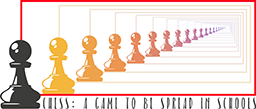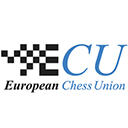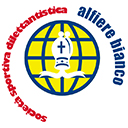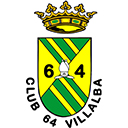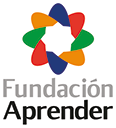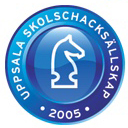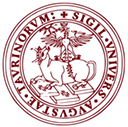CGS Project
Brief Description
The European Parliament, in its Declaration of 15 March 2012, encourages the introduction of the ‘Chess in school’ programme in the education systems of the Member States.
The “Chess: A Game to be Spread in Schools“ project aims to support the implementation of the Declaration by creating a virtuous model of school activity, at European level, with the sharing, improvement and implementation of existing good practices, so that the model that emerges from the project can be used by each EU country.
The objective of the GSS project is to establish a model for the dissemination of the pedagogical use of chess in schools.
With the project, teachers will be able to carry out the operational activities in their respective classrooms in a fully autonomous manner, in school hours, and they will be able to multiply their effect by training, trough Peer Tutoring activities, several colleagues at low cost.
The project targets are school teachers and pupils aged 3 -11 (Kindergaten and Primary school).
Chess game will be proposed as an educational tool that can have positive effects on children’s cognitive and interpersonal skills.
The aim of the project is to train teachers, in order to transfer them the technical skills needed to teach chess or“psychomotor education on a giant chessboard” and to schedule them in their school hours.
The main feature of the project is to create a virtuous circle, which can multiply the number of expert teachers.
This idea backed up by the thesis, already suggested by the project CASTLE - recognized as ‘Success Story” in 2018 by the European Commission - and already perceived by partners with their experiences, that the skills needed to launch school chess can be learnt by teachers with ‘zero’ knowledge of the chess game.
In addition, the project will test the transmission of the techniques of the new training model within the school system among school colleagues or teachers of neighbouring schools.
